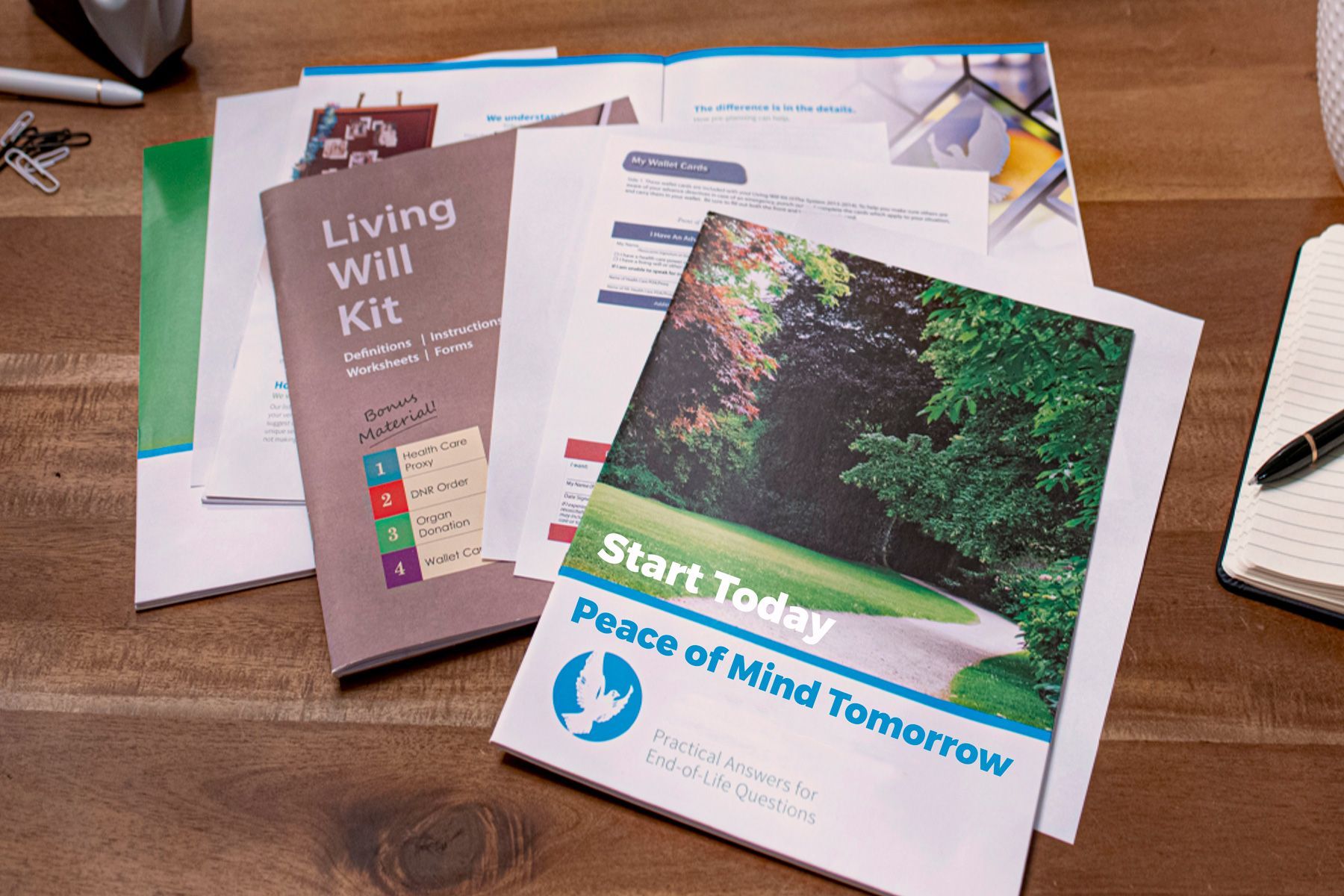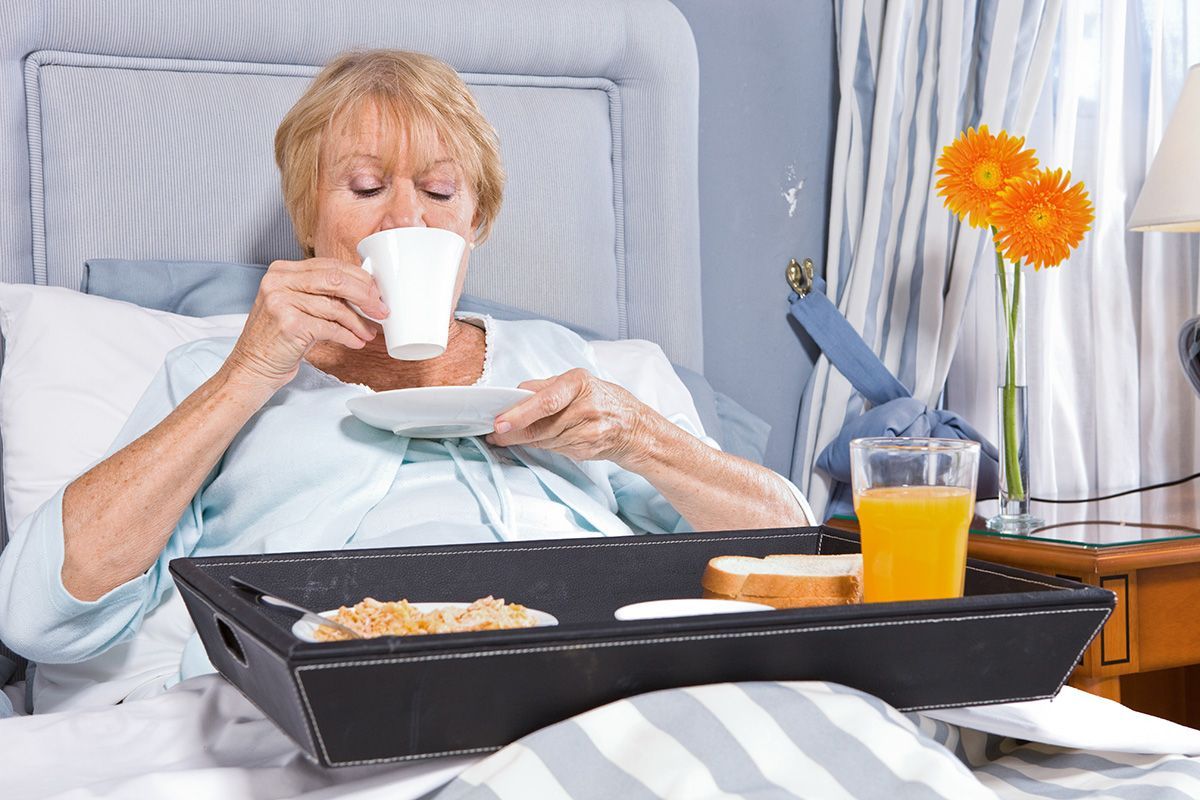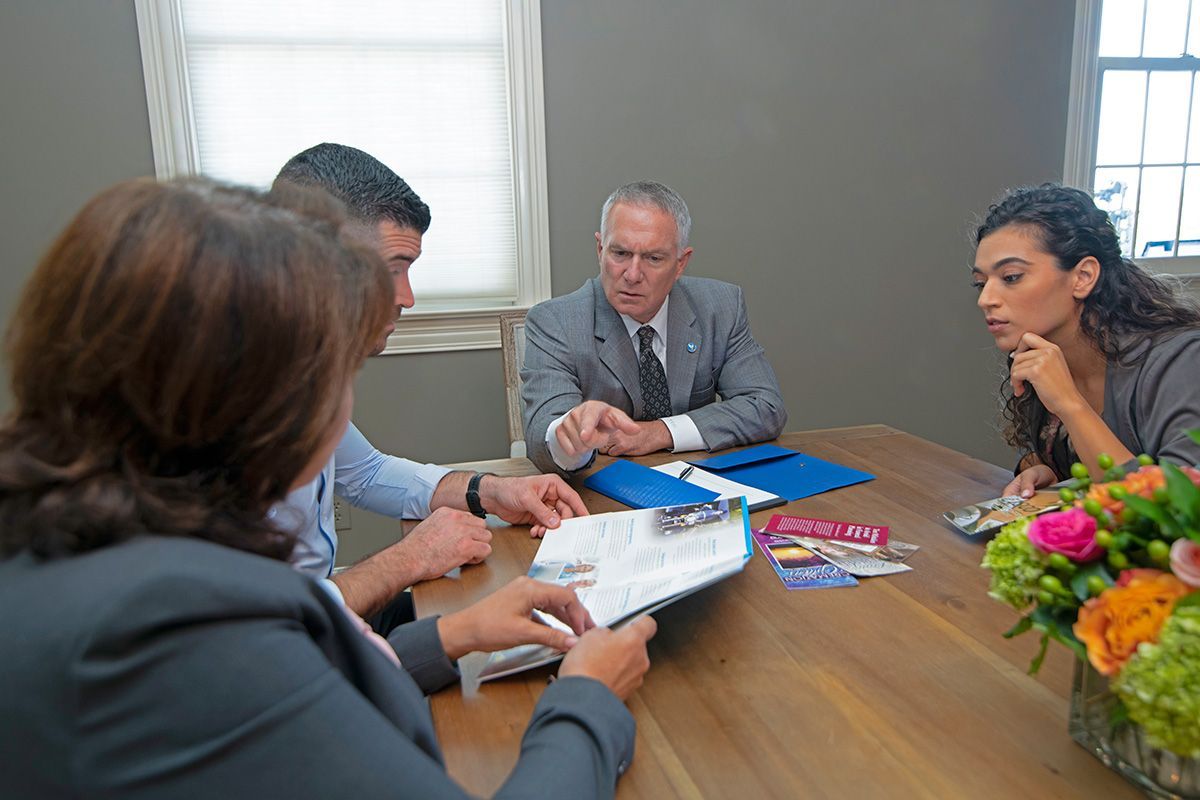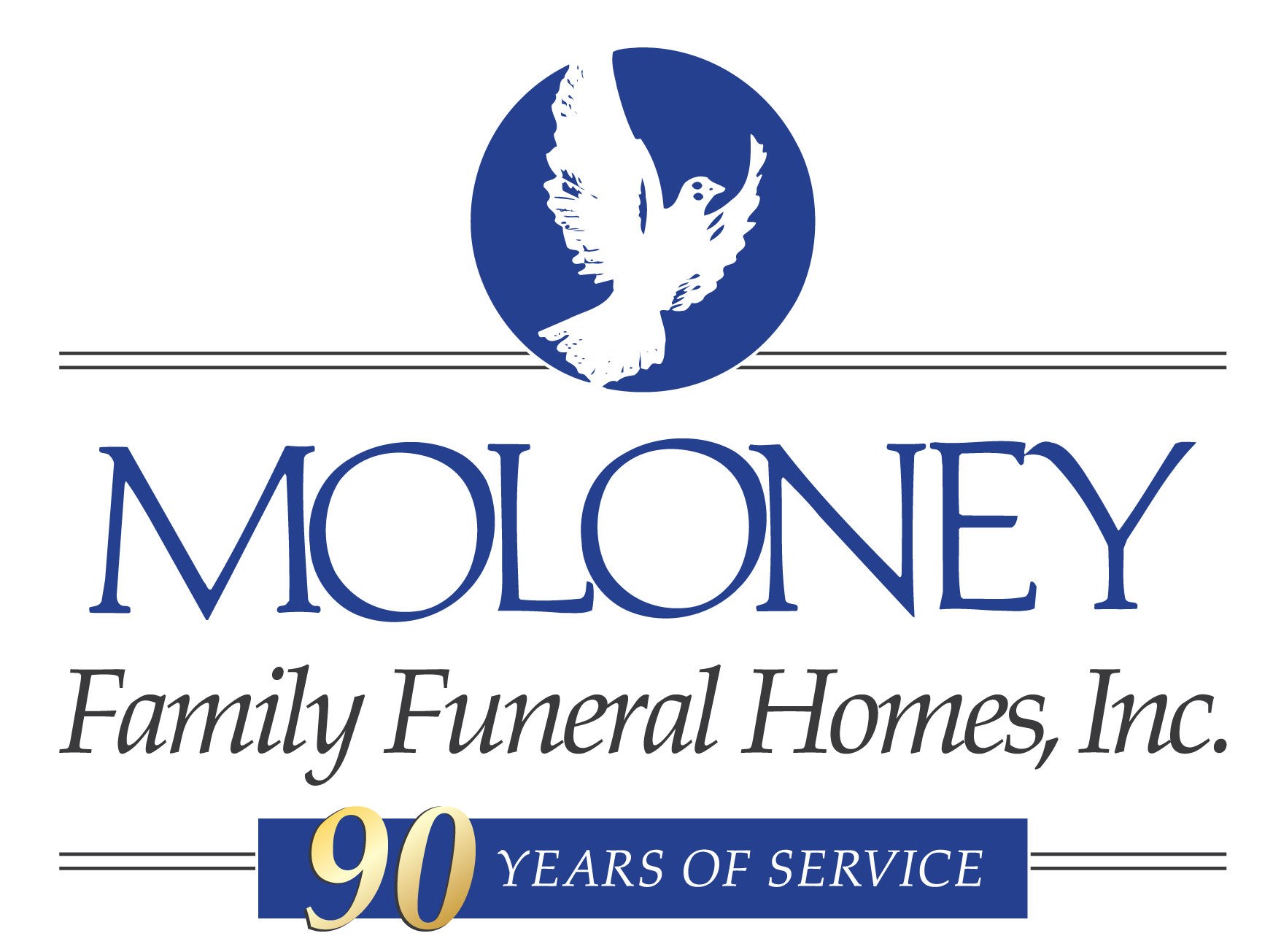4 Tips When It’s Time to Care for an Aging Parent
There is good news to share on the current health of our country: Americans are living longer than ever before. With that news comes a caveat, in that longer life spans confront us with new, and often daunting, challenges…especially when it comes to caring for an aging family member.
 Sometimes, crisis strikes suddenly and responsibility for a loved one is thrust onto your shoulders. Your mother falls and breaks a hip. Dad experiences a side effect of his medication. Other times, the weight of becoming a caregiver comes gradually giving you time to plan and make arrangements for your parents. When this happens, what do you do? What steps can you take? As we watch our parents age and face the challenges that inevitably follow, there are four steps that we at Moloney Family Funeral Homes
recommend you take to prepare for your family.
Sometimes, crisis strikes suddenly and responsibility for a loved one is thrust onto your shoulders. Your mother falls and breaks a hip. Dad experiences a side effect of his medication. Other times, the weight of becoming a caregiver comes gradually giving you time to plan and make arrangements for your parents. When this happens, what do you do? What steps can you take? As we watch our parents age and face the challenges that inevitably follow, there are four steps that we at Moloney Family Funeral Homes
recommend you take to prepare for your family.
- Arm yourself with knowledge.
Today, we have the astounding advantage of the Internet and the wealth of information that it can pour right onto our desktop. Sites like Aging Parents and Elder Care offer enormous amounts of excellent information about problems your parents may encounter.
- Watch for warning signs.
Keep an eye out for early symptoms like difficulty walking, unsteadiness, or falling. Often, older people neglect their grooming and hygiene, lose their appetite, or change their eating habits. They may begin to leave spoiled food in the refrigerator or unopened mail on the table. Forgetfulness can lead to mishandling of medication, which can lead to additional, more dangerous complications.
- Assess the situation.
What challenges is your loved one facing? How will you address the problems? Some of the issues may be correctable. Elderly people often take several types of drugs that can interact negatively and cause damage. You can look up information on prescription drug interactions, but always contact a doctor if you have serious concerns about medication.
Aging loved ones are also susceptible to vitamin deficiencies, which can cause symptoms similar to age dementia. Consult a doctor to test for deficiencies and to learn if they can be resolved by changes in medication or routine. Unfortunately, many problems are a natural consequence of aging and not easily corrected and you will need to decide what kind of assistance your loved one needs. Think carefully about living arrangements, whether the person can remain in his or her own home, or if you must take the jarring step of moving to a facility, in Long Island or beyond.
- Prepare before the problem.
Some elderly people have the wisdom to make plans for their inevitable health and living problems, others may not. It is all too common for a person in declining health to deny the situation, and not the documents and other information you will need. It may be a difficult conversation to have, but you should ask your parents about their wishes, medical history, and financial history so that you can help them receive the best care down the road. You can also take steps to help them preplan and save for their funeral service , so you both have one less thing to worry about. Furthermore, many adults with aging parents never see the inside of an assisted living facility until a parent needs one and there is little time to consider options. It’s always better to do preemptive research about resources here in Long Island, to ensure you’re informed when facing a decision.
The biggest challenge when you switch roles and become the caregiver for your parent is to provide the type of caring and compassion they require while still maintaining a life of your own. It’s not easy, but it’s possible. We are always available to assist you with questions or concerns about how to best care for your loved one. You are welcome to visit us at any one of our eight locations in Lake Ronkonkoma, Holbrook, Hauppauge, Bohemia, Center Moriches, Central Islip, and Port Jefferson Station to discuss preplanning a funeral service with your loved ones, keeping them involved and ensuring their final wishes are seen through.
Contact us today for additional resources and support.
The post 4 Tips When It’s Time to Care for an Aging Parent appeared first on Moloney Family Funeral Homes.












